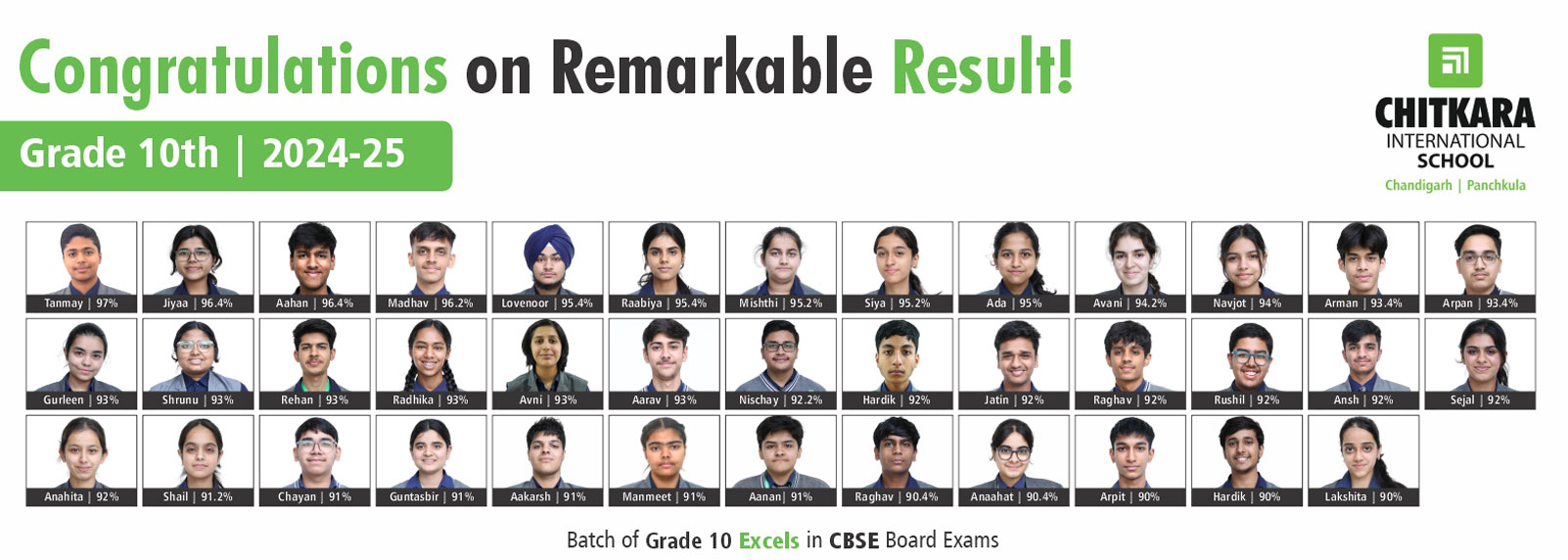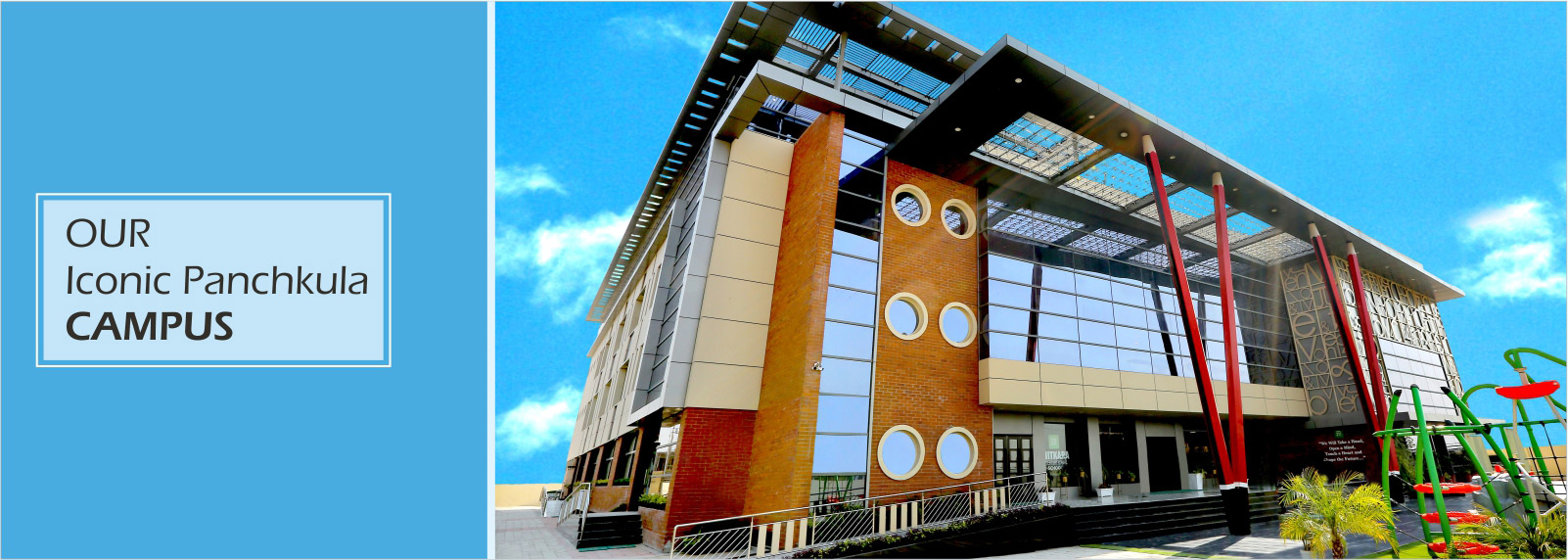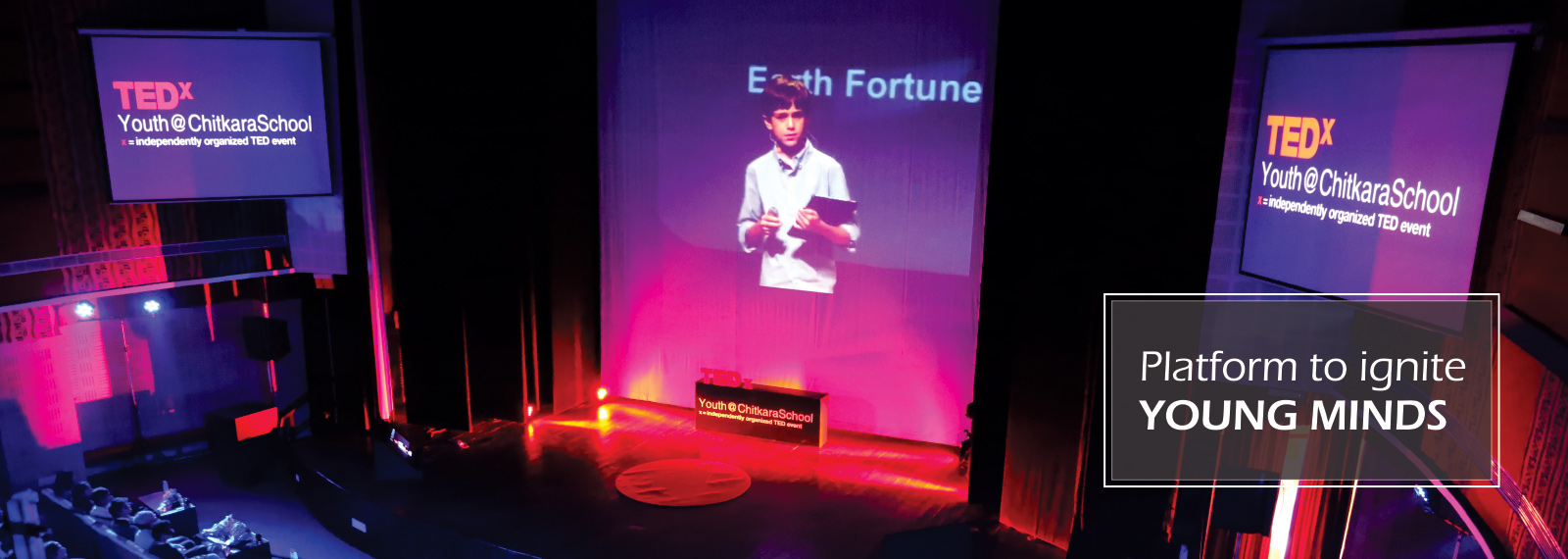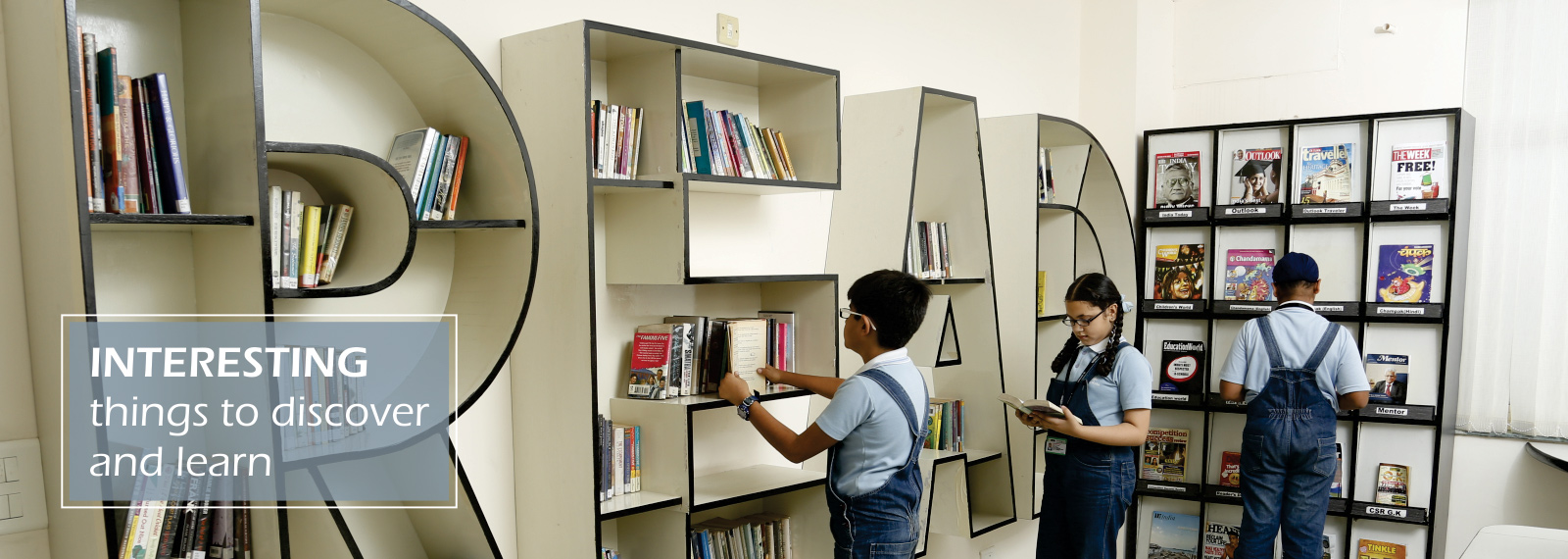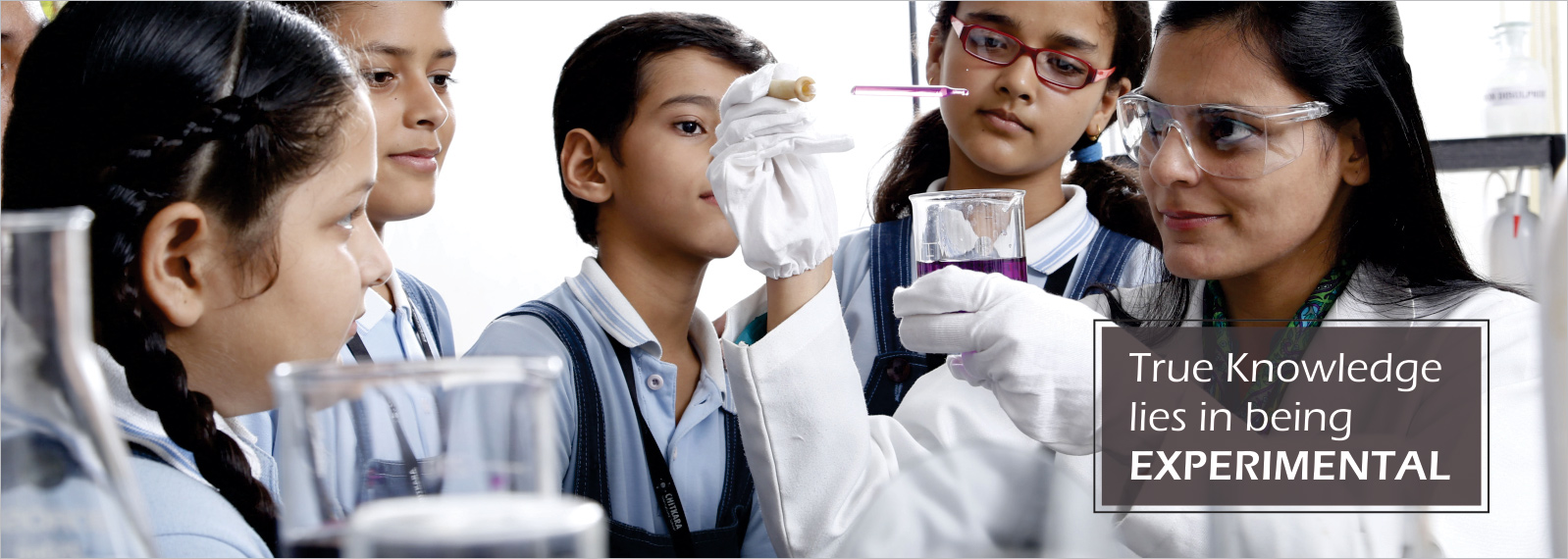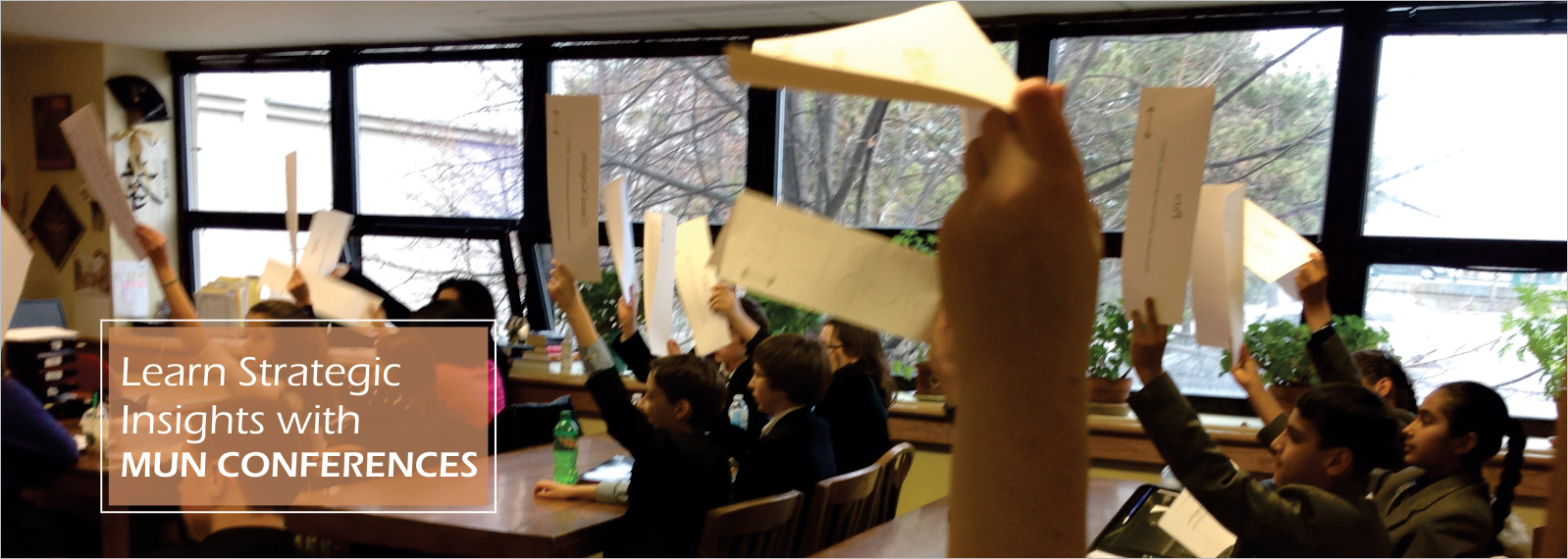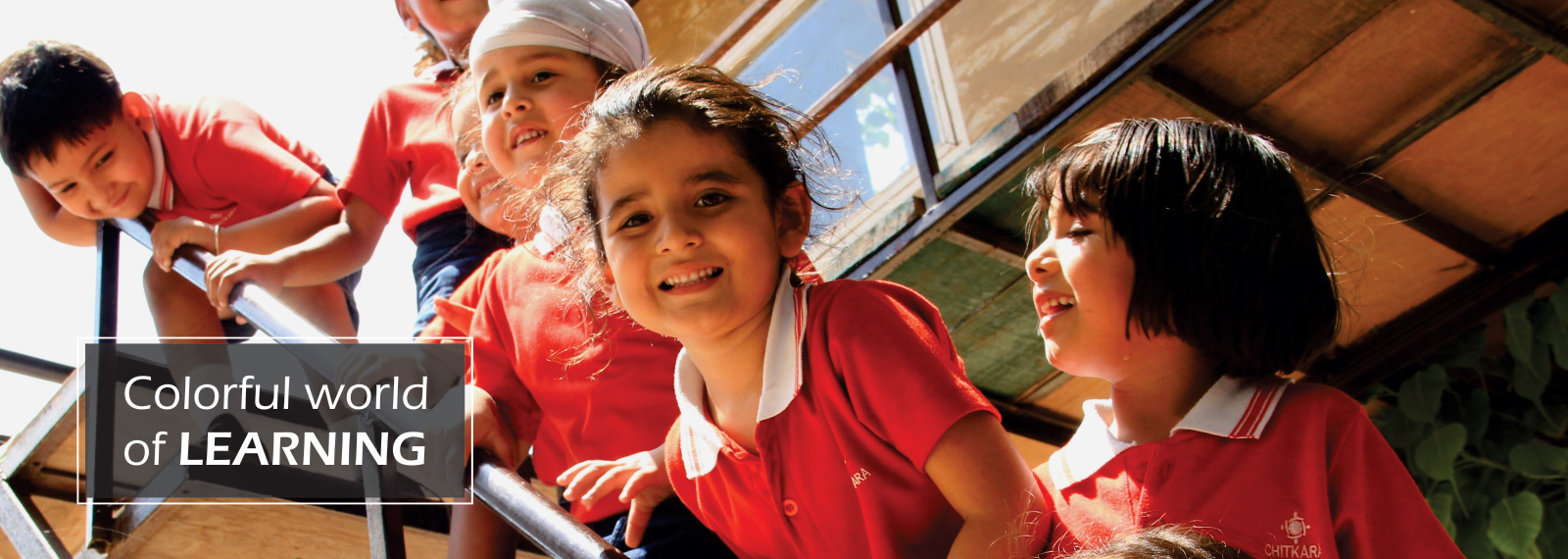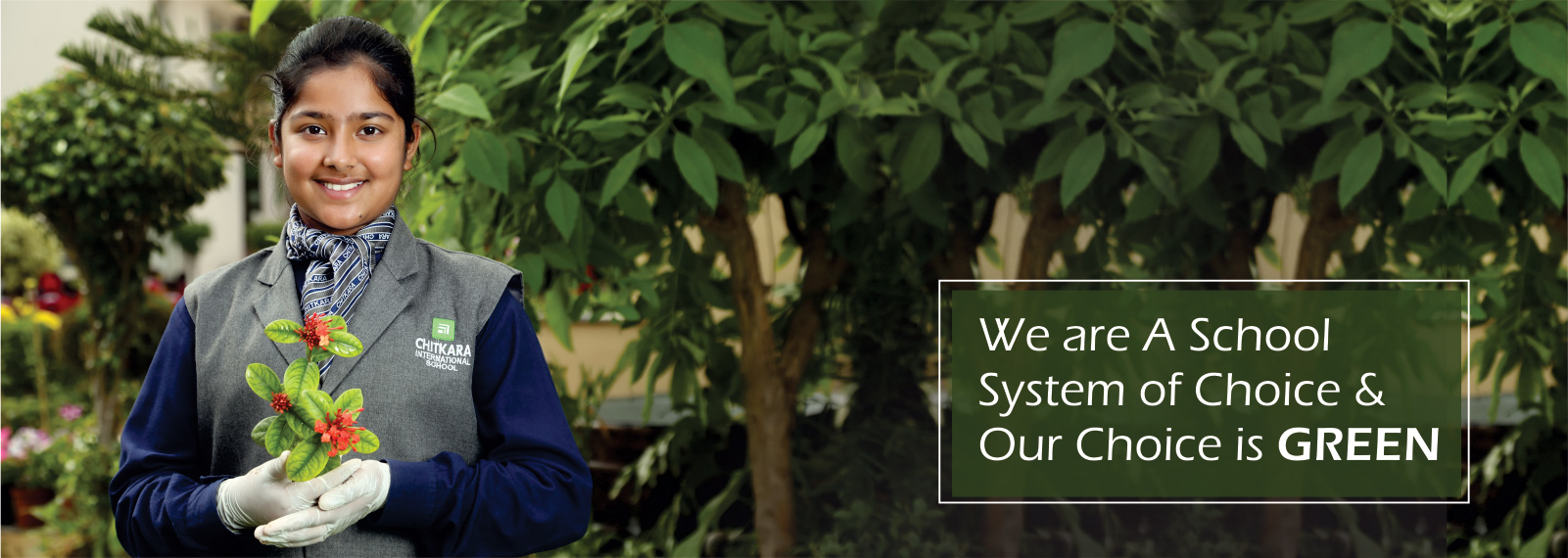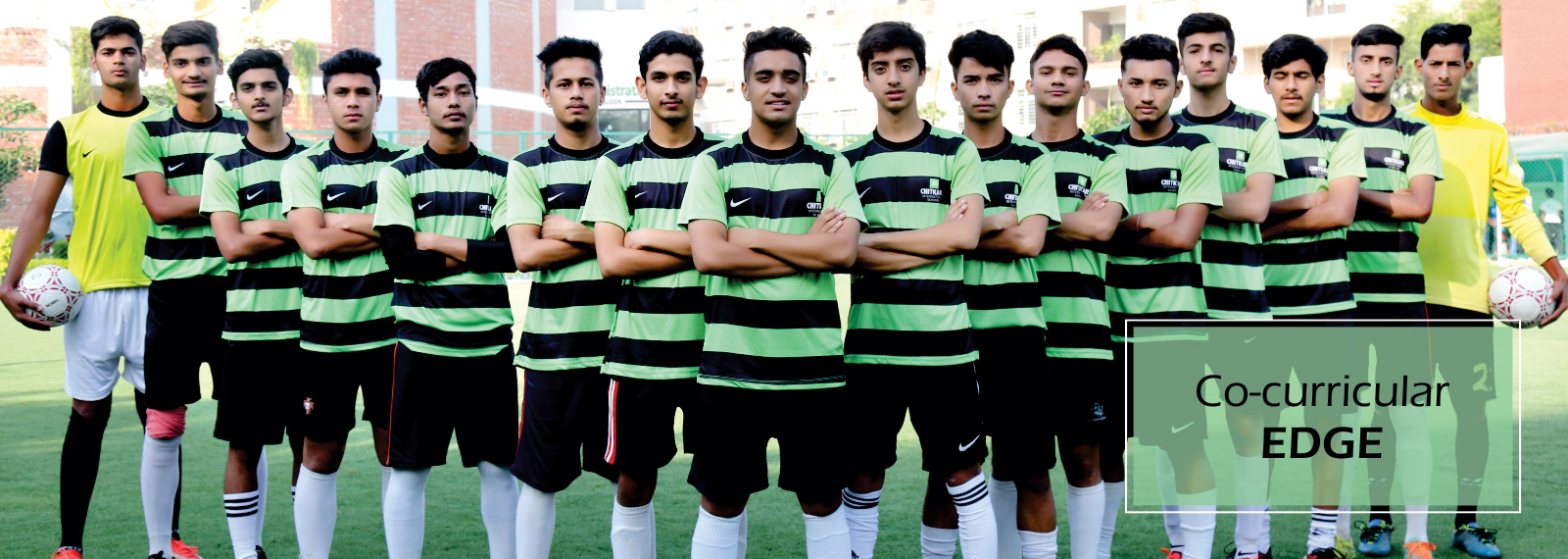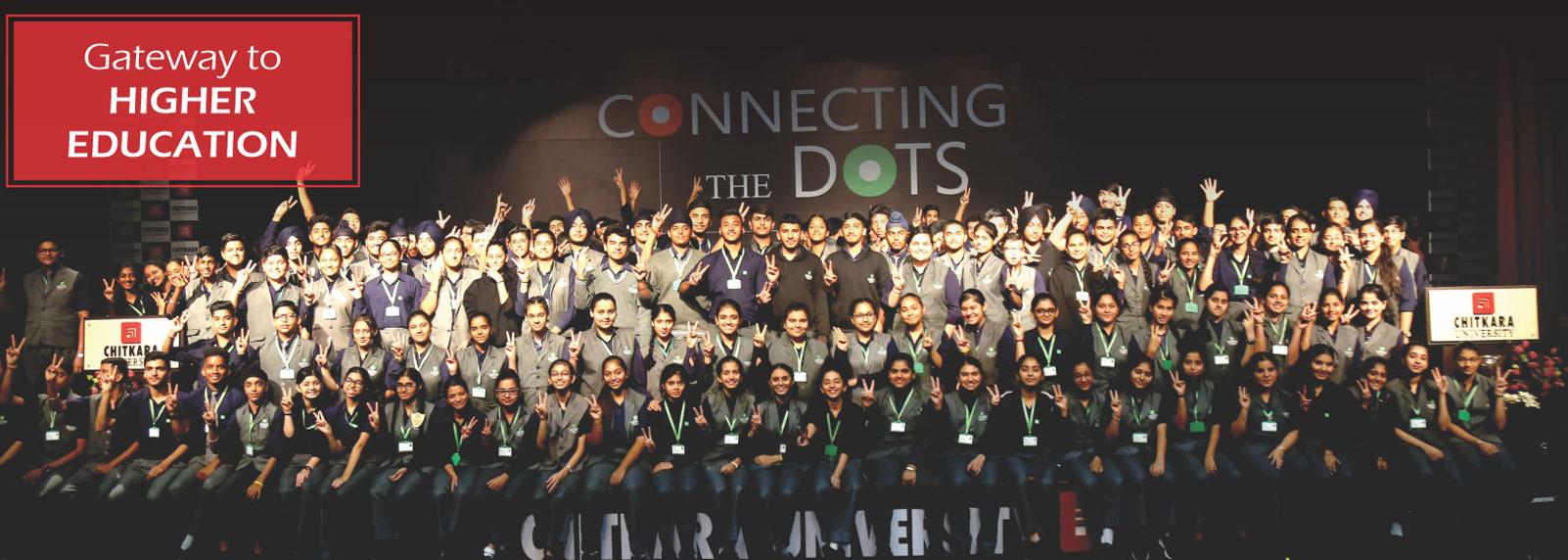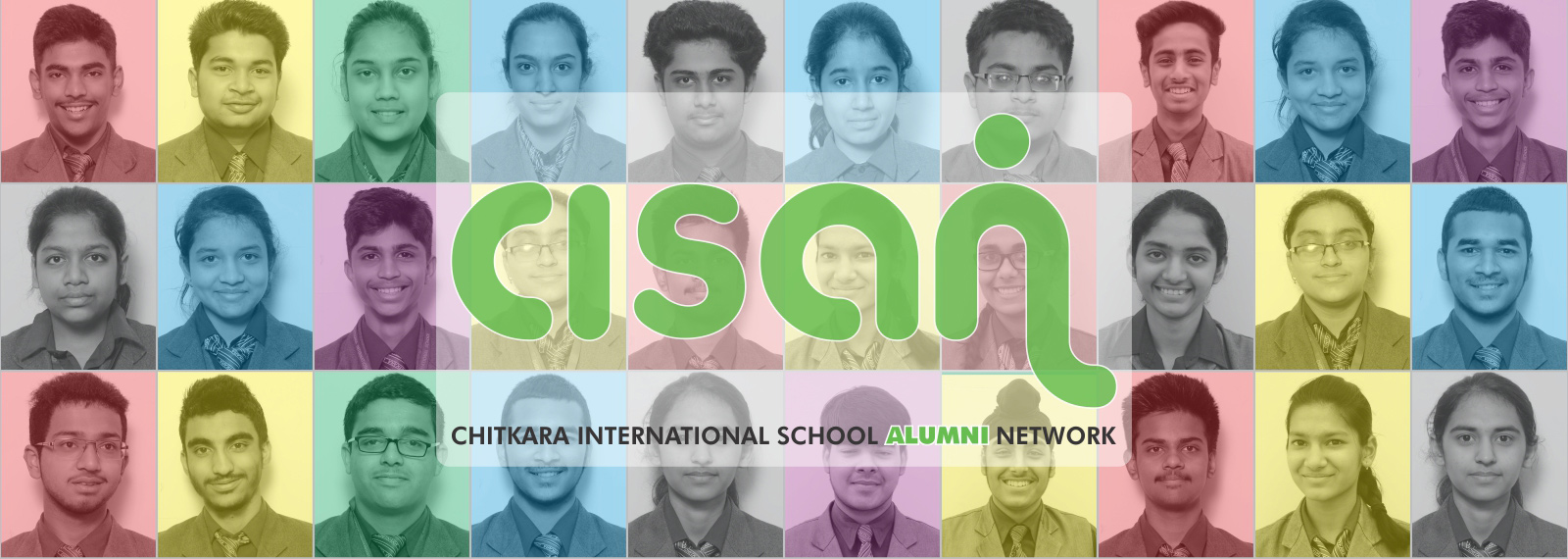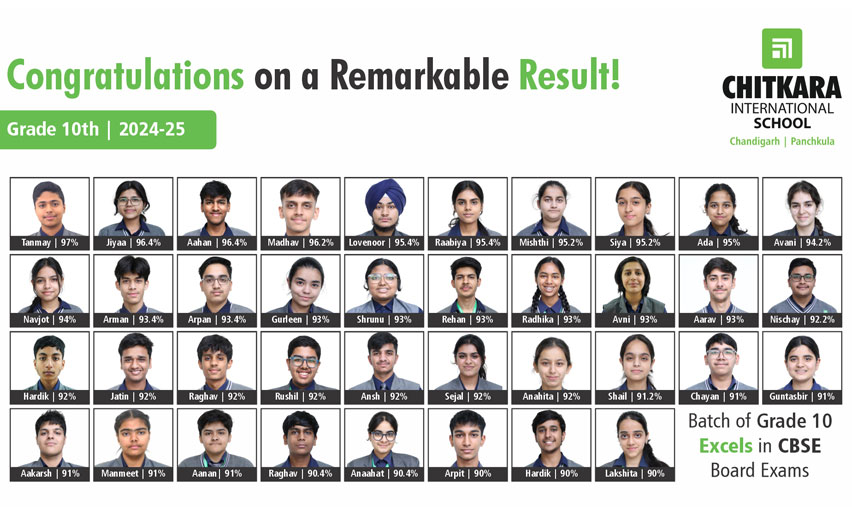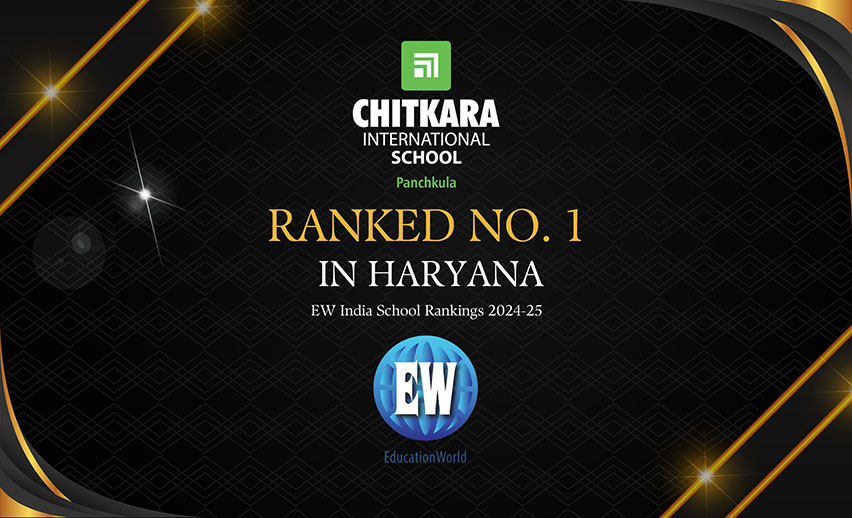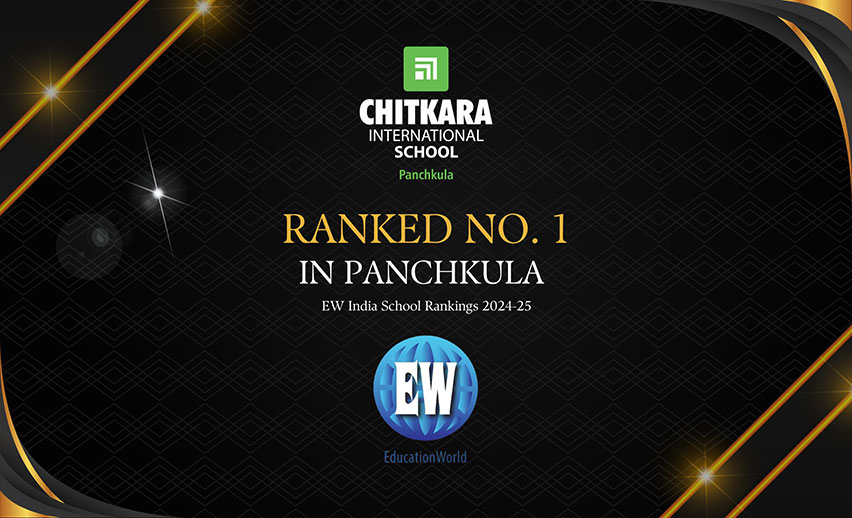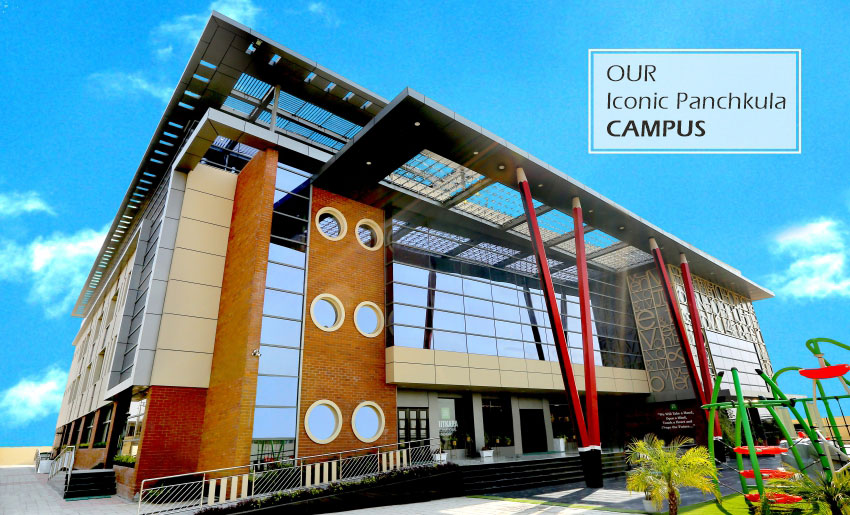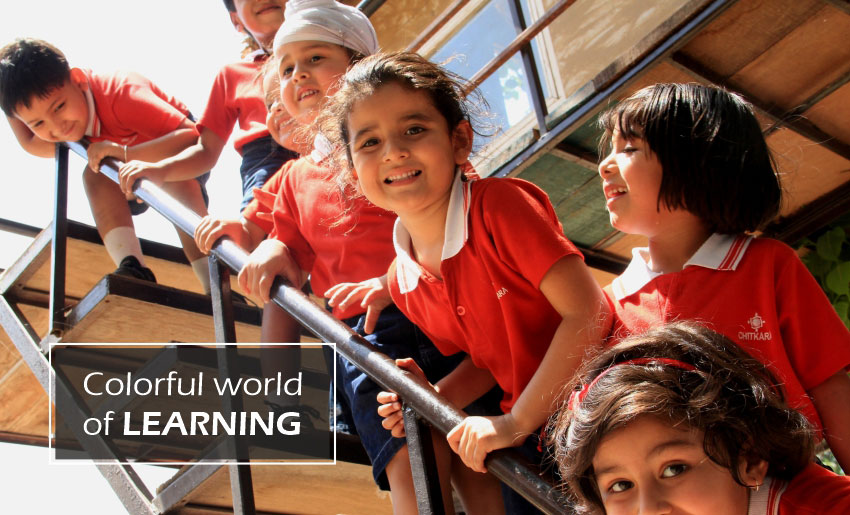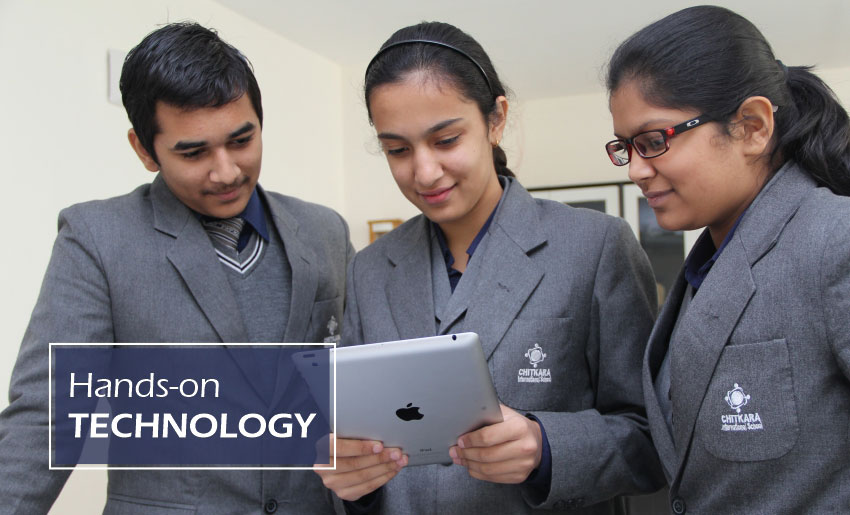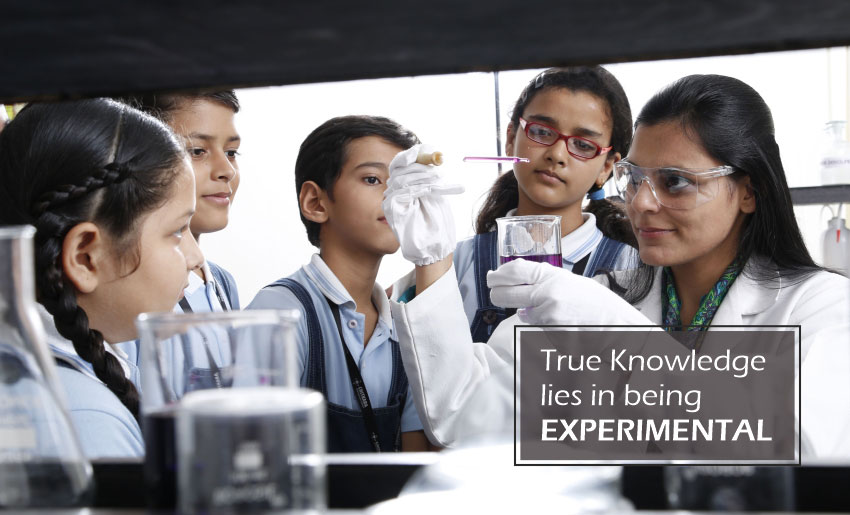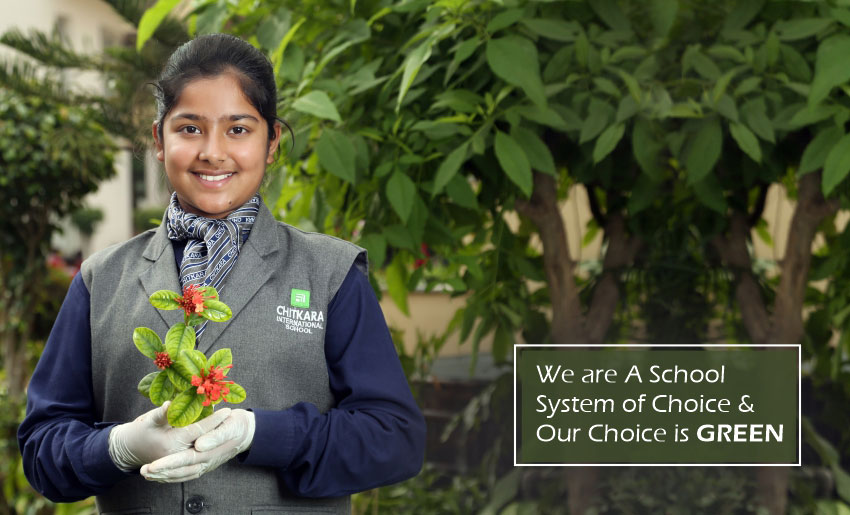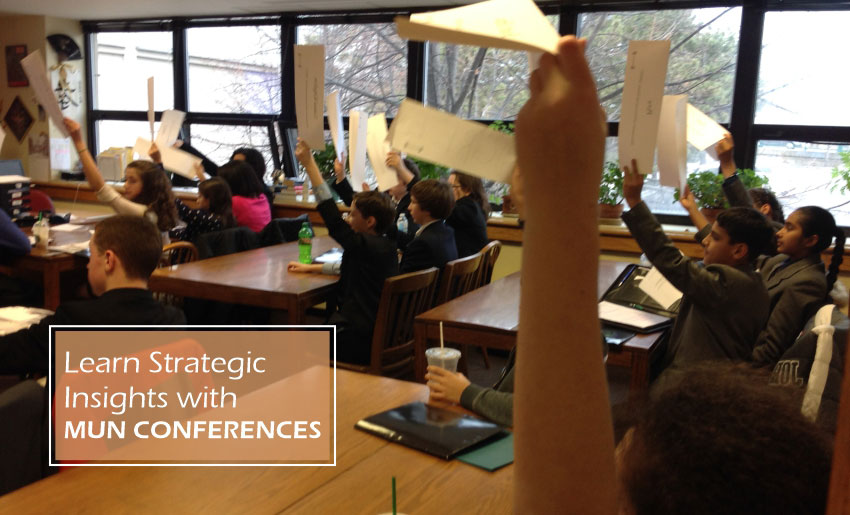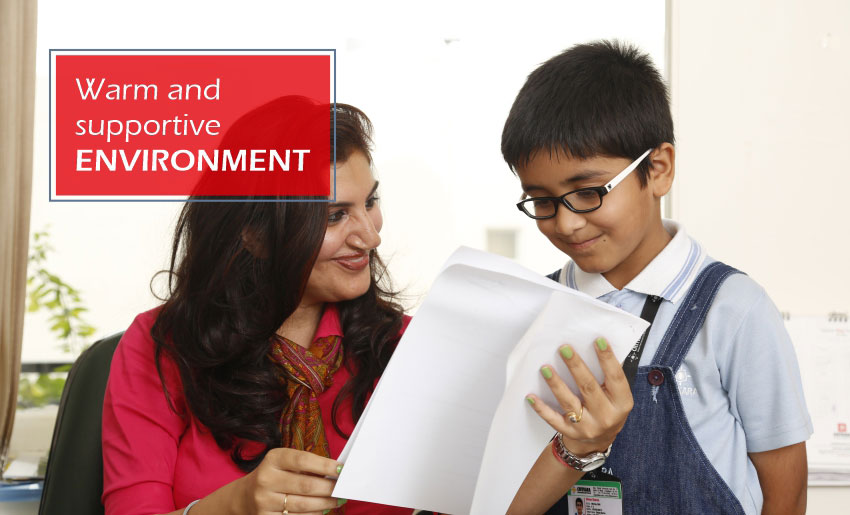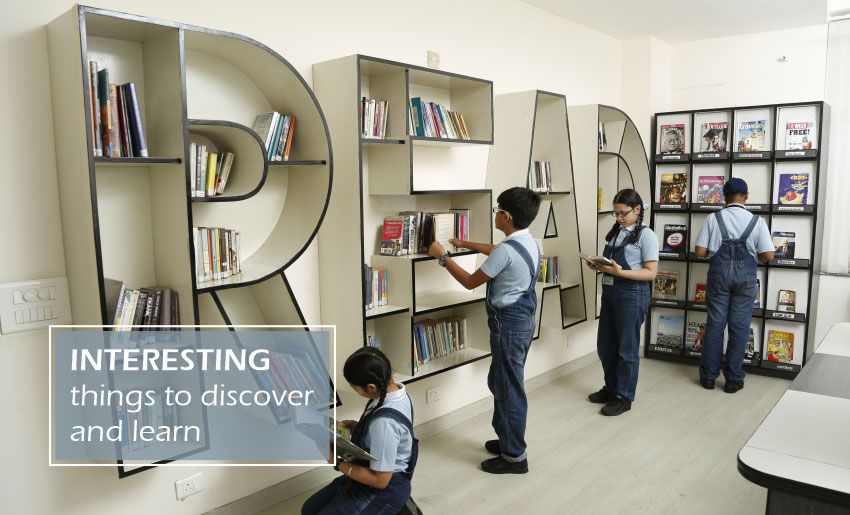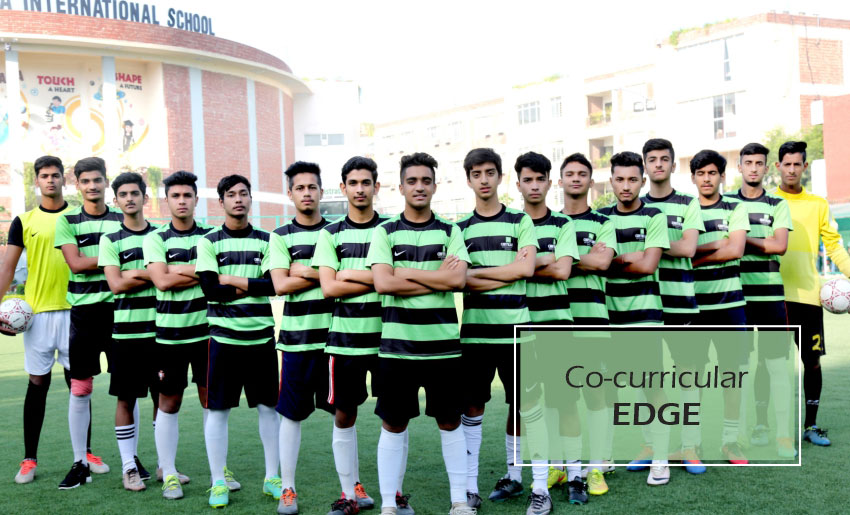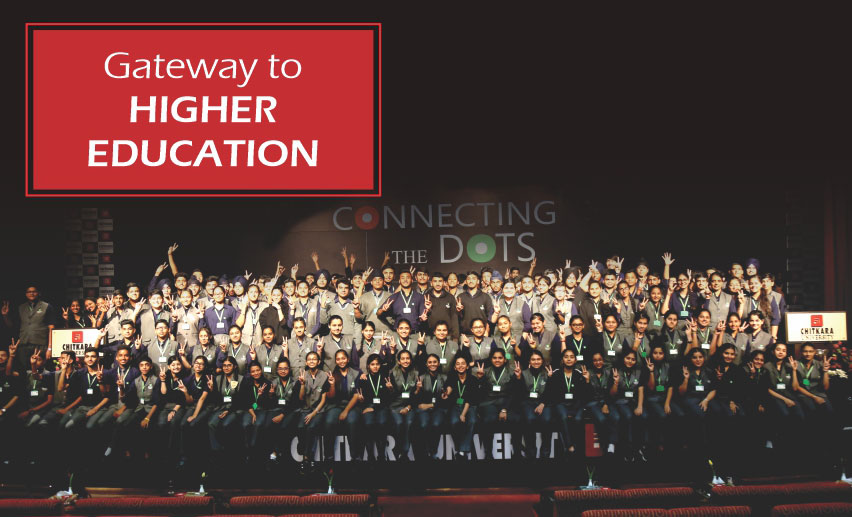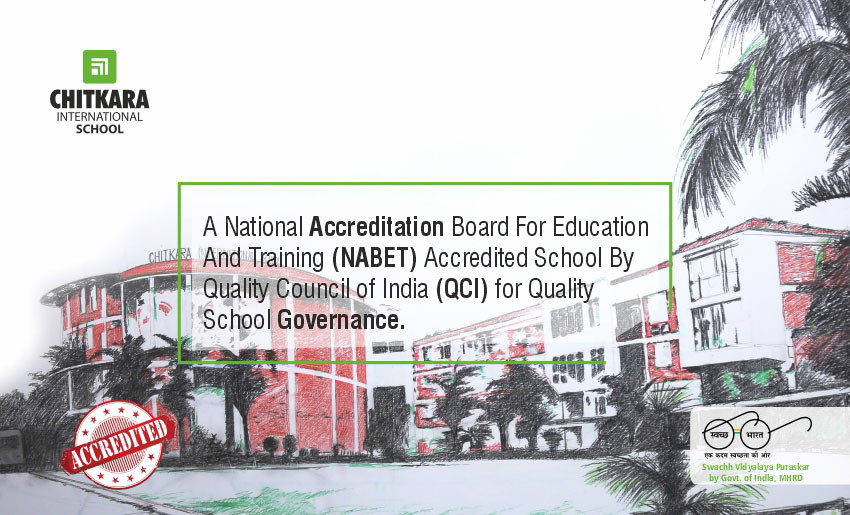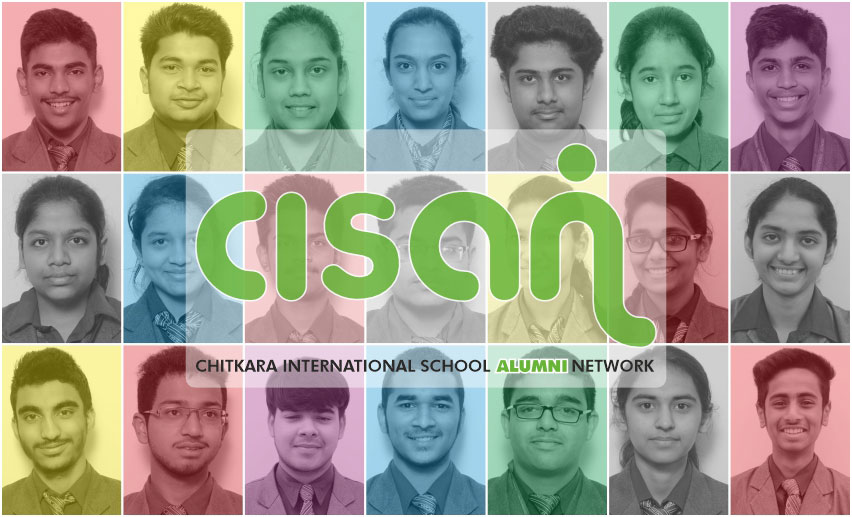Green Education for a Sustainable Future at Chitkara International School, Panchkula
Upholding and sustaining the quality of our planet through biological and eco-friendly methods is one of the practices rigorously followed at Chitkara International School. The school has adopted highly effective green initiatives in alignment with the Sustainable Development Goals, “A blueprint to achieve a better and more sustainable future for all.” Chitkara International School, Panchkula, Haryana, stands as the only school among 5 states to achieve the highest-level “Platinum” ranking for outstandingly following an exemplary protocol meeting the Green School Standards under the IGBC Green Schools Rating System.
For environmental sustainability and judicious facility use, the school has incorporated the Wet & Dry Waste Segregation System, Organic Waste Management System, Rainwater Harvesting Systems, Herbal & Organic Gardens, Solar Panels, Paperless Working, and Communication, among others. The school also engages in innovative practices like Vertical Gardening, a Paper Recycling Project, and establishing Eco Clubs. Quality sanitation is continuously monitored, and adherence to the School’s Green Policy is thoroughly ensured by the Cleanliness Monitoring Team to perpetually maintain and uphold these standards.
Some specific initiatives include:
-
Wet and Dry Waste Segregation:
The school promotes waste management at an individual level, encouraging segregation of wet and dry waste with separate bins and conducting workshops and awareness programs for environmental conservation.
-
Organic Waste Management
Aiming to manage organic waste efficiently, the school promotes “Organic Waste Recycling,” where harmful organic wastes are recycled or converted into useful materials through various recycling methods.
-
Rain Water Harvesting
The school collects rainwater through rooftops connected to an underground water tank.
-
Herbal Garden
Designed as an outdoor classroom, the Herbal Garden reconnects students with nature, teaching valuable gardening and agricultural concepts and skills, integrating various subjects and educational goals.
-
Organic Garden
: Exclusively using natural products for gardening, this organic garden serves as an educational platform for awareness sessions on organic gardening and the harmful effects of synthetic products.
-
Solar Panels
Utilising rooftop space, the school generates clean solar electricity through Solar Panels.
-
Paperless Working and Communication
: CIS promotes a paperless approach, circulating circulars, documents, and articles electronically among stakeholders to reduce the carbon footprint and conserve paper.
-
Vertical Gardening (Agronic Culture)
Initiated by a student, this compact farming method using vermicompost aids in producing food products within a limited space, aligning with the principles of Sustainable Development Goals.”

